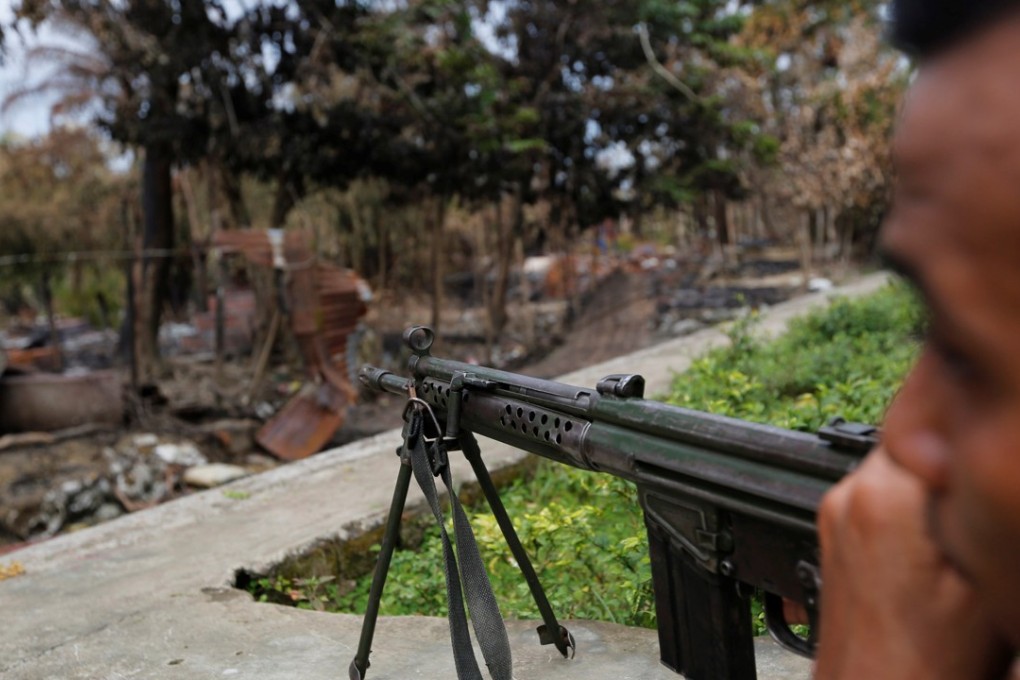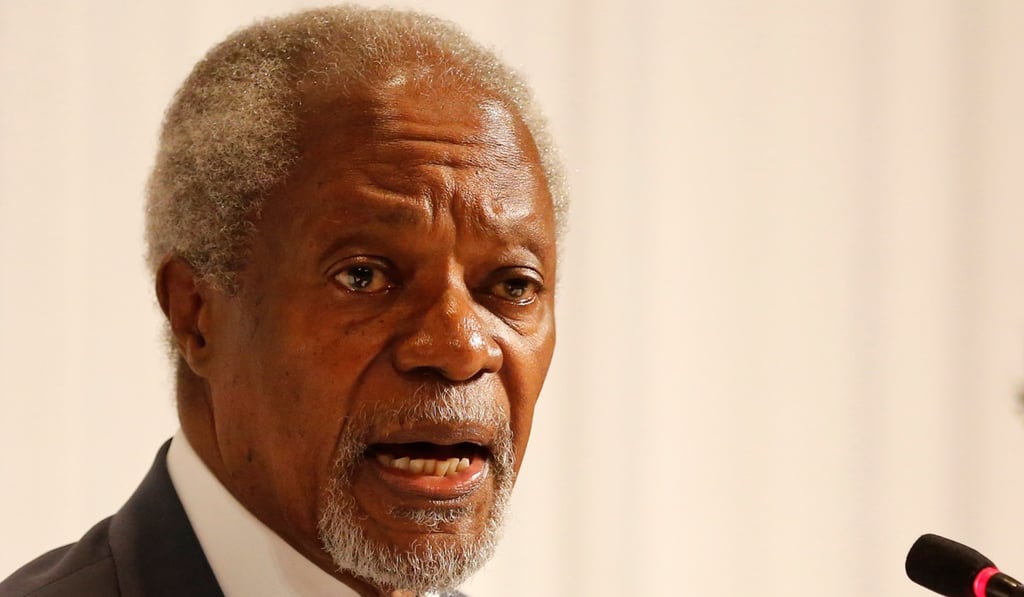Myanmar has a new insurgency to worry about
The Arakan Rohingya Salvation Army sent a clear signal when it attacked 30 police stations and outposts, just six hours after former UN Secretary General Kofi Annan presented his final report on the Rakhine issue

For the first time in the history of the Rohingya insurgency, that began in 1946 and has survived many ups and downs, here was a group capable of hitting back when facing a military operation aimed at destroying it.

On August 24 he presented the final report to President Htin Kyaw and Suu Kyi, listing out a set of recommendations to bring the situation in Rakhine back to normal. Later in the day, he addressed the media, making it clear that militarisation was no answer to the complex situation in Rakhine.
Annan’s report called for extensive inter-ethnic dialogue at all levels and an effort to create human rights awareness in Myanmar’s security forces – and it stressed the need to sort out citizenship issues and related verification issues.